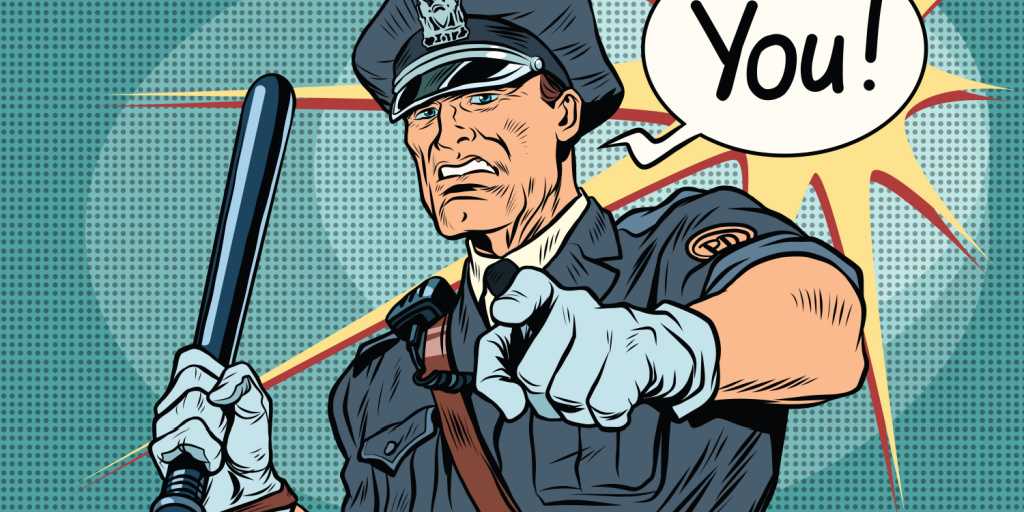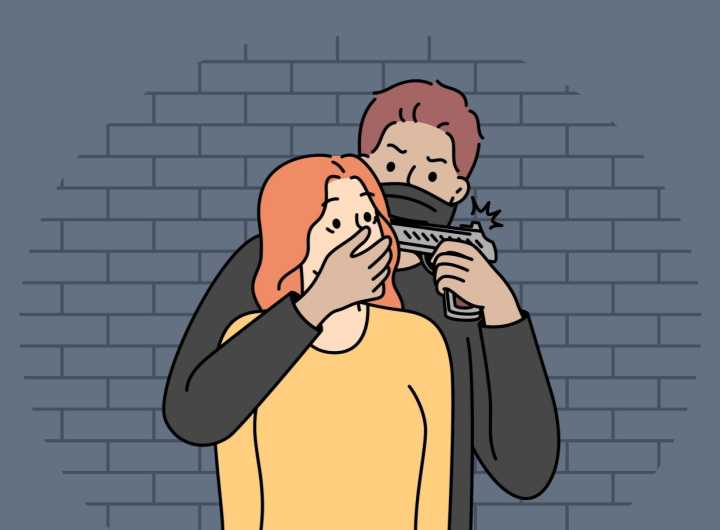The Police are Looking for Me: Bench Warrants & Attempts to Locate
We get call like this almost every week: “I think there’s a warrant out for me. What do I do?” Today we’re going to answer that question, and in the process explain bench warrants and, a related matter, known in police lingo as “attempts to locate.” And how to deal with them.
What is a Bench Warrant?
In general, a warrant is an order signed by a judge that authorizes the police to arrest you and search you, or to search or and seize your property. A bench warrant is a special type of arrest warrant issued by a trial judge herself, almost always as a result of a failure, or repeated failures, to appear in her court. It is a warrant for your immediate arrest.
Duration: Once a bench warrant is issued by the trial judge after you’ve failed to appear, it can remain active for years. It might seem dormant but it’s not. We’ve seen them active out there for up to ten years. Like a chronic illness, eventually they often come back to haunt you.
What to do: If you have a bench warrant outstanding, no matter how old you will want to “quash” that warrant, either by your own ingenuity or with help of a decent lawyer. For some low-level misdemeanors, you might check with website for the court from where your warrant issued, and see if there’s a voluntary “walk-in” warrant-quashing-program. A lot of places have these. But be aware of bench warrants on felonies.
With that said, depending on the Court, the Trial Judge, the type of case and the circumstances of the failure to appear, the seriousness of the alleged crime, working with a lawyer can make sense.
At bottom, for almost all felonies you may want to engage a lawyer to help you navigate the court system and the process of quashing a bench warrant. If you had a public defender for the original case, or had a privately retained lawyer, you might want to start there, and ask them to help you arrange your “self-surrender.”
If a self-surrender is effectively coordinated through a competent lawyer, sometimes a prosecutor might be more amenable to agreeing to or even stipulating to a reasonable bond and other release conditions. The mere fact that you are voluntarily surrendering is good. It’s a much better bond situation than where you are arrested on the warrant after un-initiated contact with the police or other unhappy happenstance.
Attempts to Locate
Attempts to Locate are usually “arrest on sight” instructions initiated by one police officer to alert all other local police officers who might come across you to put you in handcuffs.
If you believe you are a suspect in a case, and the police are actively looking for you to “question” you and of course ultimately arrest you, you may want to arrange your own self-surrender, possibly through an experienced attorney. When the attempt to locate instructs the police to arrest you on sight, as they often do, we often negotiate to voluntarily meet the police in the parking lot of the local jail at an appointed hour, often on a specific early afternoon, early enough to e to make roster for night court, that night, a few hours hence, and to avoid spending the whole night in jail.
Statements to the Police & Attempts to Locate
Often, with attempts to locate the police will claim they want to get “your side of the story” even if the initiating police officer has already made an arrest decision about you.
On rare occasions, a person, with the help of an experienced lawyer, in the right situation, might decide that it makes sense to give a statement to the police, but 98 percent of the time, we advise against it.
Initial Appearances
Once you’ve been arrested and booked into jail, you will have something called an “initial appearance,” which is a kind of very short court hearing. Sometimes it takes place in a small courtroom right in inside the jail. Other times it’s by remote video conference with you sitting in the jail in front of a camera, and with a judge back in her normal courtroom.
The primary purpose of an initial appearance hearing is for the judge to decide to give you a high bond or a low bond or no bond at all. This is usually done with minimal input from the prosecutor. In addition to or in lieu of a bond, the judge may impose restrictive release conditions such as, do not contact the victim, do not return to the scene of the crime, do not consume alcohol or drugs, do not possess firearms, do not drive without a valid driver’s license and sometimes that you immediately report to a branch of the court known as “Pretrial Services” whose job it is to keep a close eye on you, monitor you, and possibly test you for drugs or alcohol on a regular basis.
Moreover, in deciding a bond and other restrictive release conditions, an initial appearance judge will surely want to consider the nature and circumstances of the current charges, your past criminal history or lack thereof, your ties to the community, your employment history, factors which include any hint that you might be a flight risk. One of the strongest ways to avoid being termed a flight risk, is to arrange your own voluntary surrender ahead of time.
Recommended Articles

Arizona’s new sealing statute is a powerful way for people who have been charged or convicted of many common offenses, to be able to say “no” in many instances.

In Arizona, “Aggravated Assault” charged under ARS § 13-1204 is a Class Four Felony, and in some cases with mandatory prison.

DUI or domestic violence police misconduct even if not resulting in grievous misfortune can sometimes provide a helpful remedy for the criminally accused.

people are surprised by how outsized the consequences some misdemeanor convictions can be. collateral consequences—meaning all those hidden consequences.

For thirty years two federal laws prohibited all those convicted of misdemeanor domestic violence offenses from ever possessing firearms.

About Michael Harwin
Michael’s skill and experience have been recognized repeatedly. He holds an A-V 5/5 preeminent rating by Martindale Hubbell. He has been named one of the top lawyers in Arizona by Southwest Superlawyers, and one of the best lawyers in Tucson by Tucson Lifestyle Magazine. He also has been named one of the best lawyers in the United States by BestofUS.com , and given the highest rating possible by AVVO, 10/10 Superb. Amazon Books



